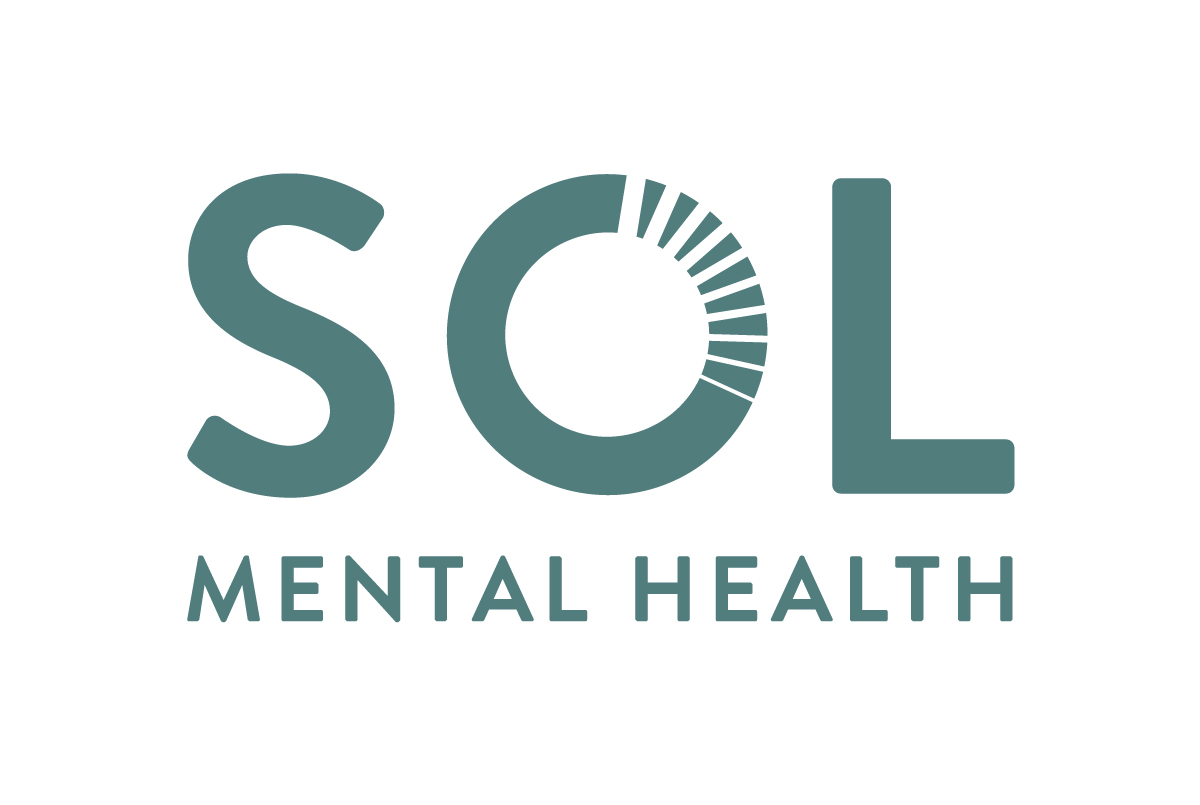If you have, or think you may have, a bipolar diagnosis, your symptoms may show up clearest in a work environment. Because work is often unpredictable, high-pressure, and stressful, these changes can trigger manic episodes, depressive periods, or more pronounced bipolar symptoms. While everyone’s lived experience of bipolar disorder is different, you can find support here if it’s affecting your work life in distressing ways.
Loss of Connection
Coworkers may not know or understand how to support a colleague with mental illness and may misinterpret things like depression, fatigue, and lack of engagement as not wanting to work, being lazy, or procrastinating. It may seem like your team members are withdrawing from you, starting to give more of your responsibilities to others, or shying away from conversations with you.
If you’re trying to adjust to a job while managing your bipolar disorder, it can be difficult to know how to have conversations with your coworkers and ask for the support you need without bringing up too many personal details. It can help tremendously to talk to a therapist, counselor, or health coach about what you’re experiencing.
Cycles of Stress and Exhaustion
Bipolar disorder can magnify stress and anxiety so that tasks you normally do with no problem can feel huge, impossible, or frightening during a period of depression or mania. While it may seem on the surface like mania can help you get more done and be hyper-productive, the feeling of “crashing” that often follows a period of mania might make you feel completely exhausted and unable to focus on work.
As a result, your coworkers might express frustration with you more openly and may seem less understanding or empathetic over time.
Loss of Work
According to Dr. Charles L. Bowden, loss of work is one of the biggest challenges people with bipolar disorder face:
“The evidence indicates that a majority of patients with bipolar disorder are not employed and many others are employed only part time. Job-related difficulties are common, and patients with bipolar disorder tend to have higher rates of absenteeism from work compared with working individuals without bipolar disorder.”
This cycle creates emotional distress, financial strain, and a sense of isolation that can be tough to bounce back from on your own. You may feel like you’ve left your team high and dry for too long, but there is hope to heal and regain balance. While your team members’ reactions and feelings are not your fault, it is possible to learn methods of managing and communicating about your symptoms that can make collaboration easier and less stressful for everyone.
If you’re struggling with holding down a job, attending work regularly, or just feeling like you can’t stay caught up, you can get support from caring professionals who know how to help.
Can I Keep a Job with Bipolar Disorder?
Yes. There are people who work and enjoy their jobs while living with a bipolar diagnosis. If you haven’t gotten a formal diagnosis yet, that’s an important first step in planning your treatment according to what you need most. Even with a diagnosis, some seasons of life and work are going to be more challenging than others, and it’s good and appropriate to reach out for support from someone who can help.
SOL Mental Health is here for you. Whether you’re seeking a mental health diagnosis for a condition that may be bipolar or you’re needing extra help getting your symptoms into remission, we can help. Our holistic behavioral health approach means you’ve got options, including working with a health coach, group counseling, individual counseling services, medication management, and nutritional support.
Contact our team to complete a short screening and begin your intake process. We are eager to help you make a plan for greater happiness and fulfillment at work, starting with your mental and physical wellness.
Does My Insurance Cover a Therapist at SOL Mental Health?
SOL Mental Health is partnered with several insurance providers to make our services more accessible to you. You can verify your insurance through our website before scheduling an appointment.
